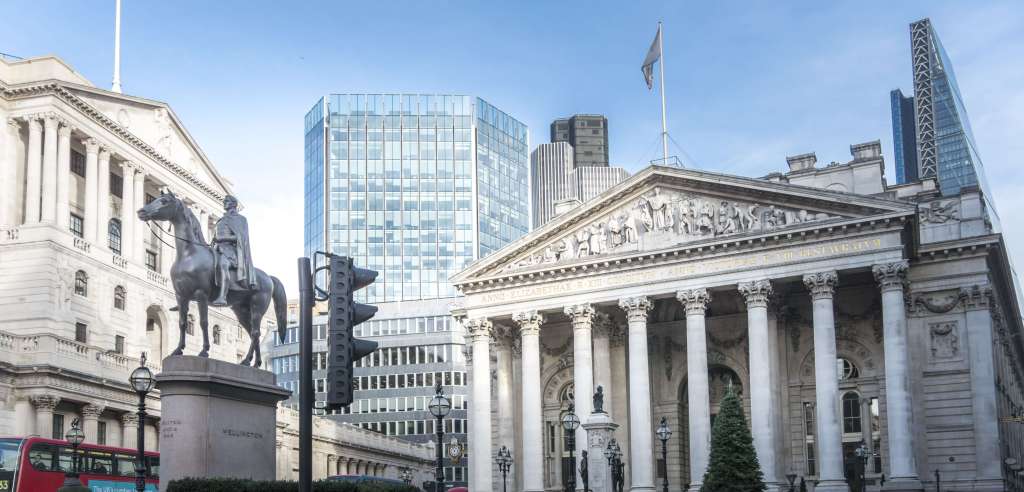The Bank of England (BoE) recently increased the base interest rate for the first time in three years.
Read on to find out how landlords could be affected, whether you’re looking to switch your mortgage deal, expand your portfolio, or remortgage a buy-to-let property.
Interest rates rise for the first time since 2018
In December, the Bank of England’s Monetary Policy Committee (MPC) increased the base interest rate from 0.1 per cent to 0.25 per cent.
Despite worries about the Omicron variant of Covid-19, the committee voted eight to one in favour of increasing the interest rate.
The BoE’s base rate influences mortgage rates. For example, if you have a tracker mortgage, your rate will directly follow any changes to the BoE rate.
And, as a general rule, most mortgage lenders increase or reduce their rates in line with the BoE shortly after the base rate rises or falls.
The last time the MPC increased the base interest rate was in August 2018, from 0.5 per cent to 0.75 per cent.
After that, it gradually decreased all the way down to an all-time record low of 0.1 per cent in March 2020 due to a combination of Brexit and the Covid-19 pandemic.
To put the current figure into perspective, the base interest rate was as high as 5.75 per cent in July 2007 before the global financial crisis.
How could rising interest rates affect landlords?
Put simply, a higher BoE base rate could mean higher mortgage repayment costs for landlords.
When the interest rate rises, mortgage lenders’ costs go up and they usually pass this on to borrowers in the form of higher monthly repayments.
If you have a fixed-rate mortgage, your cost won’t go up for now. However, when your fixed-rate period ends, the cost of a new deal could be higher than before.
Landlords have benefited from low interest rates
Record-low interest rates in recent years have kept mortgage rates down for landlords, while also lowering the barriers to expanding a portfolio.
However, these positive conditions have been offset by controversial tax changes and increased legislation, such as:
- the letting agent fee ban
- the restriction of buy-to-let mortgage interest tax relief
- a three per cent stamp duty surcharge on buy-to-let property purchases
- a rise in landlord licensing schemes and extension of HMO licensing rules
According to a recent survey of 1,400 landlords by the National Residential Landlords Association, tax changes have deterred 52 per cent of landlords from buying more properties.
Will interest rates rise further in 2022?
Market commentators have suggested that the base interest rate could increase further in 2022 to curb rising inflation.
According to Angus Stewart, Chief Executive of online mortgage broker Property Master: “Now the process of rising rates has begun we should brace ourselves for further increases in the New Year.”
Meanwhile, the MPC’s eight to one majority to increase the base rate in December is another indication that there could be further rises this year.
The committee’s next two meetings are set to take place on 3 February 2022 and 17 March 2022. Make sure to check our Knowledge centre for any important updates.

Although rising interest rates could mean higher costs for many landlords, it’s important to remember that interest rates have been exceptionally low since 2009.
Further rises are likely to be gradual, and it’ll take some time for rates to return to the levels of between four and five per cent last seen before the financial crisis.
This means the actual cost of interest rate rises for landlords is likely to be small. While rates stay below one per cent, it remains a good time to get a buy-to-let mortgage and expand your portfolio.
How to get the best buy-to-let mortgage deal
As many landlords’ mortgage repayments could rise in the coming months, it’s even more important than usual to make sure you get the best possible deal.
Here are our top tips to keep your costs down when buying a property, negotiating a new deal, or remortgaging:
- don’t accept your lender’s Standard Variable Rate (SVR) – this happens at the end of a fixed-term and your costs are likely to be significantly higher
- make sure you’re well prepared – start preparing for your buy-to-let mortgage application around six months in advance
- don’t be afraid to switch lender – shopping around for the best deal and switching lenders is often one of the easiest ways to reduce your monthly costs
- stay ahead of further base rate rises – when a rate rise is coming, it’s usually in the news. So if it looks like the base rate is going to rise, try to get your business done early
- work with a specialist broker – their market knowledge can be invaluable and they can help you to get the best deal from a variety of lenders
Do you think the base interest rate will rise further this year? Let us know in the comments below.
Photograph 1: smartin69/stock.adobe.com
Photograph 2: eshana_blue/stock.adobe.com
Get set with tailored landlord cover
Over 200,000 UK landlord policies, a 9/10 customer rating and claims handled by an award-winning team. Looking to switch or start a new policy? Run a quick landlord insurance quote today.
